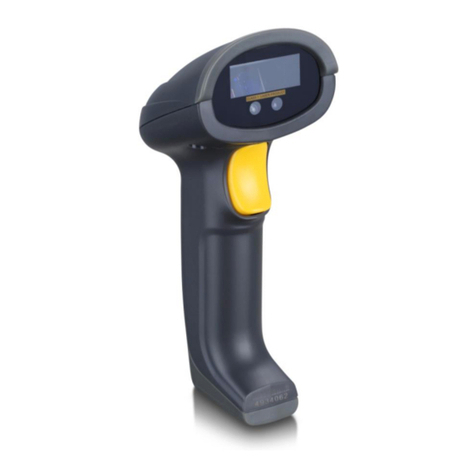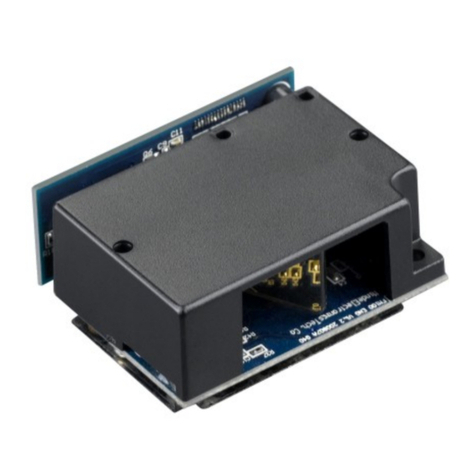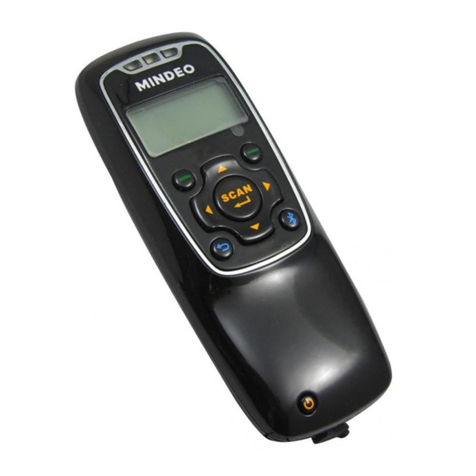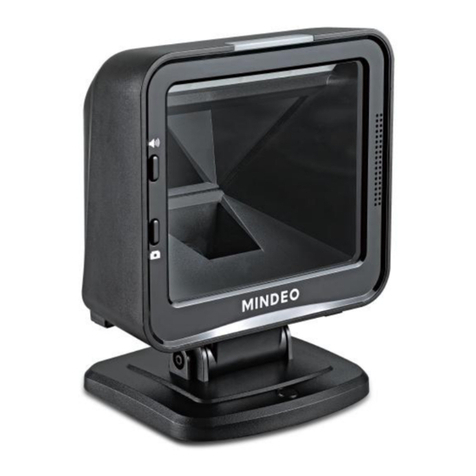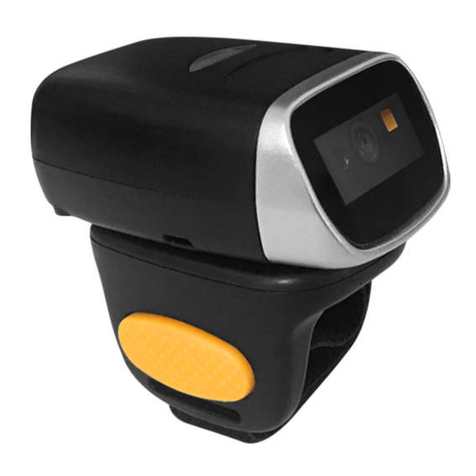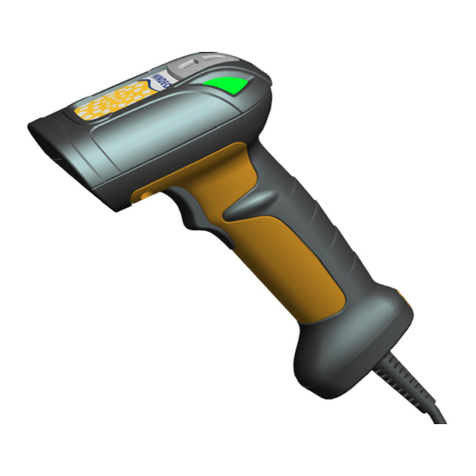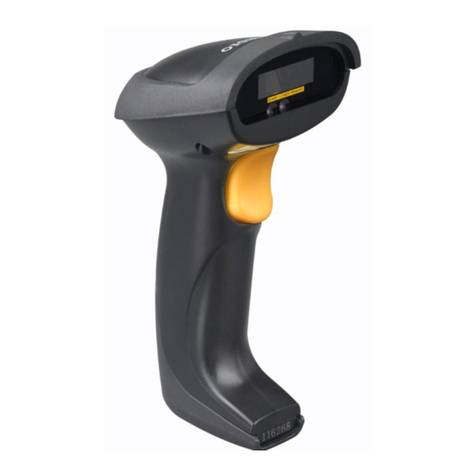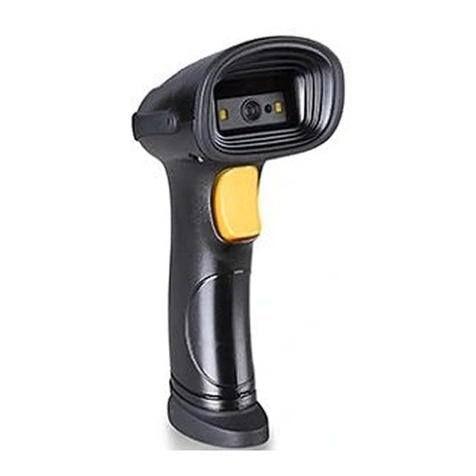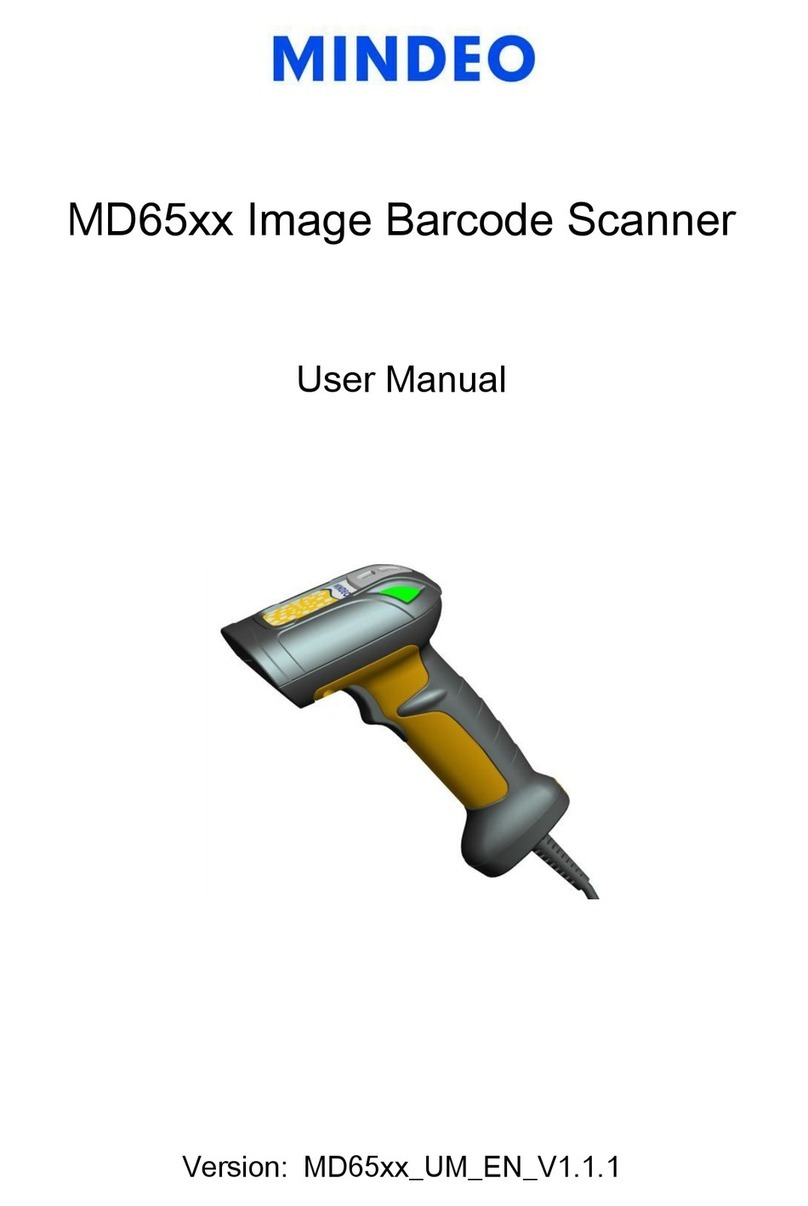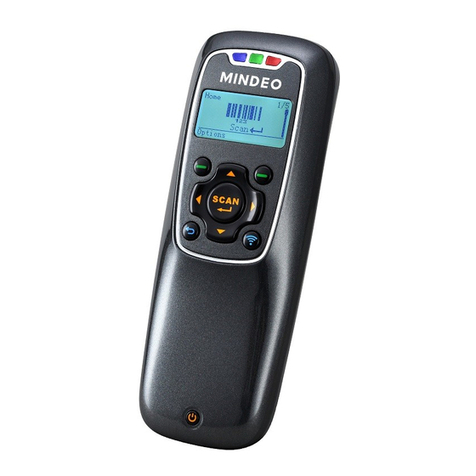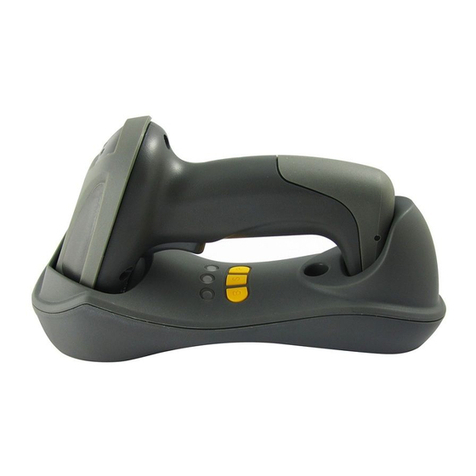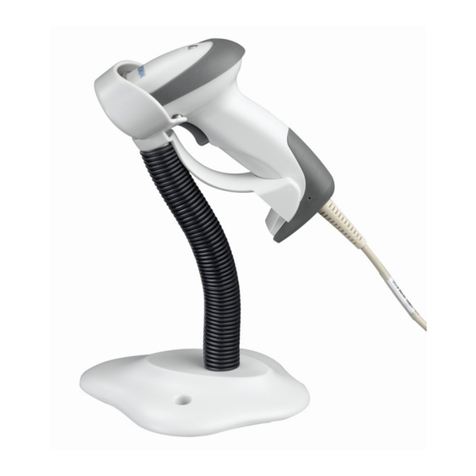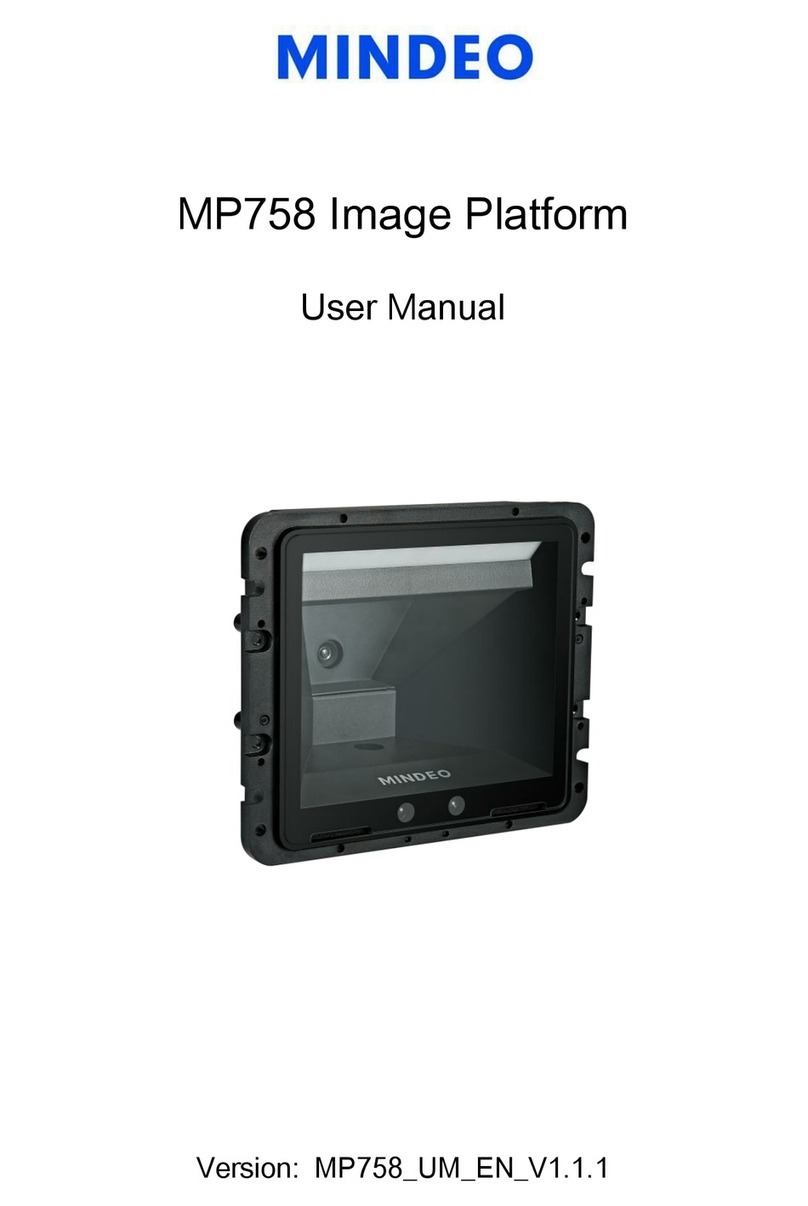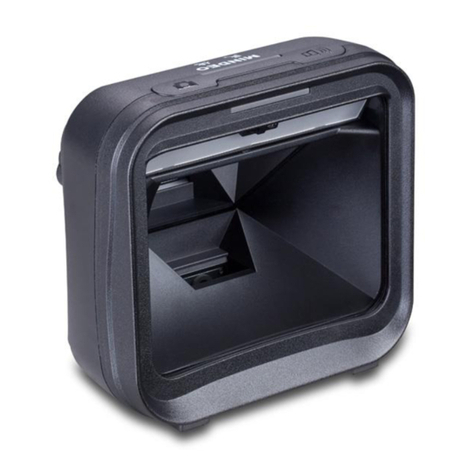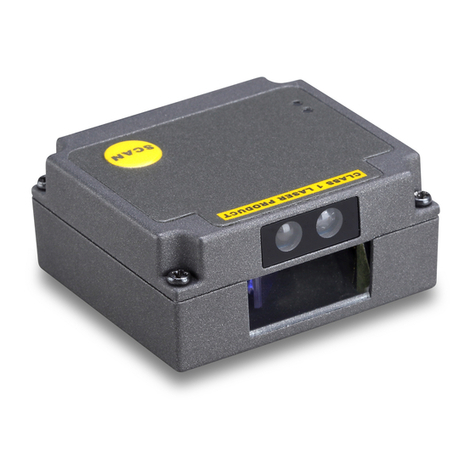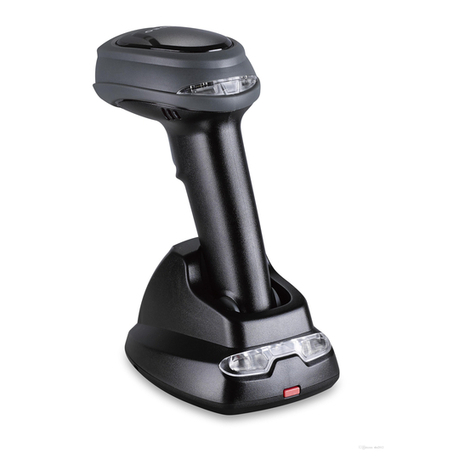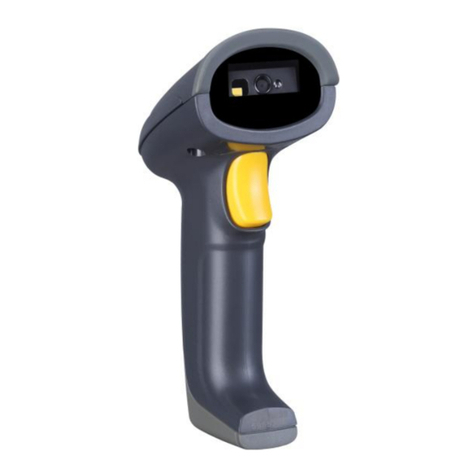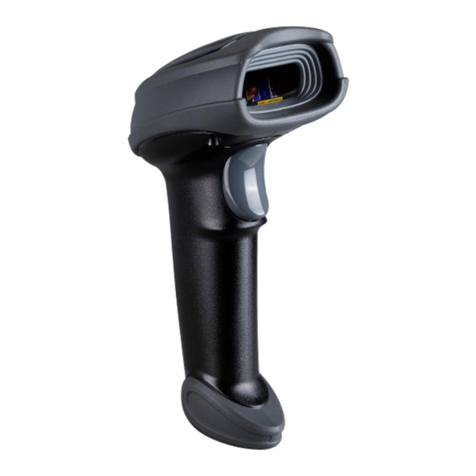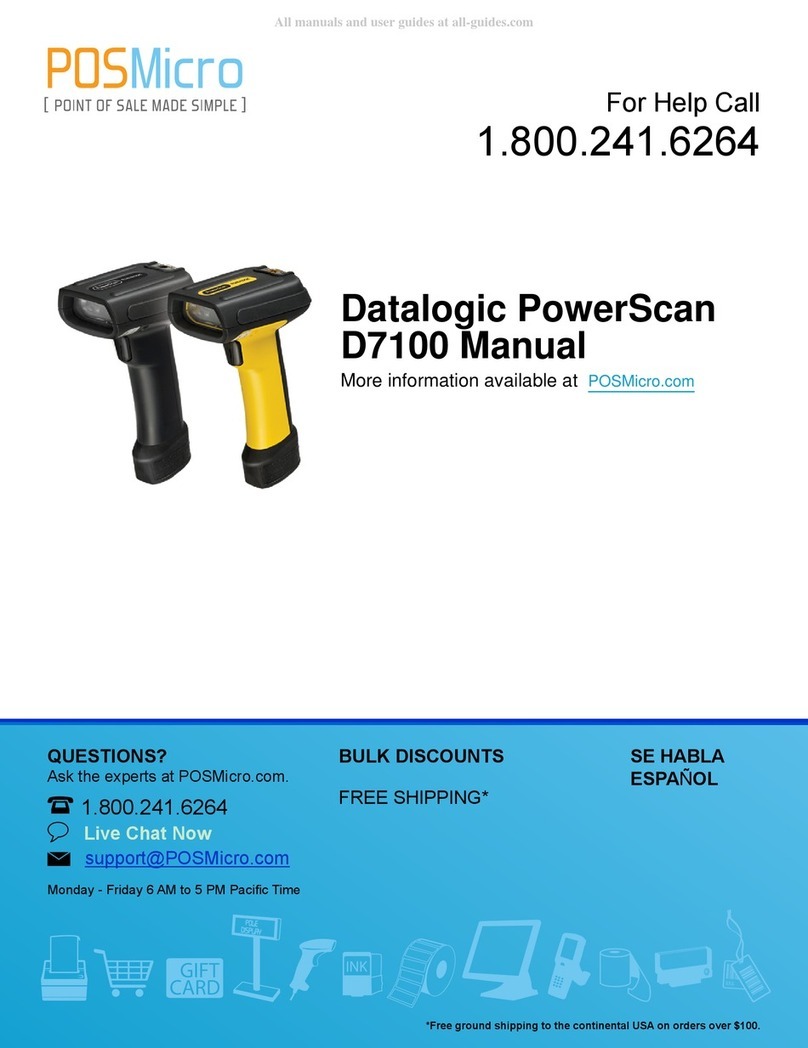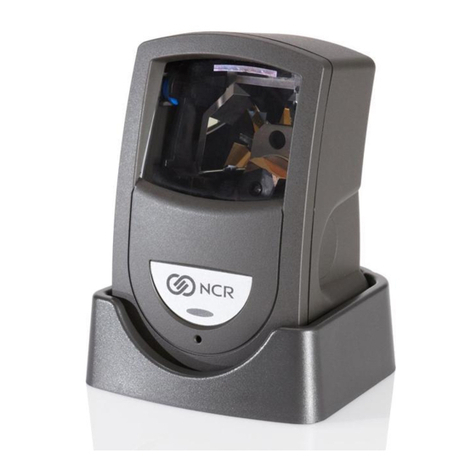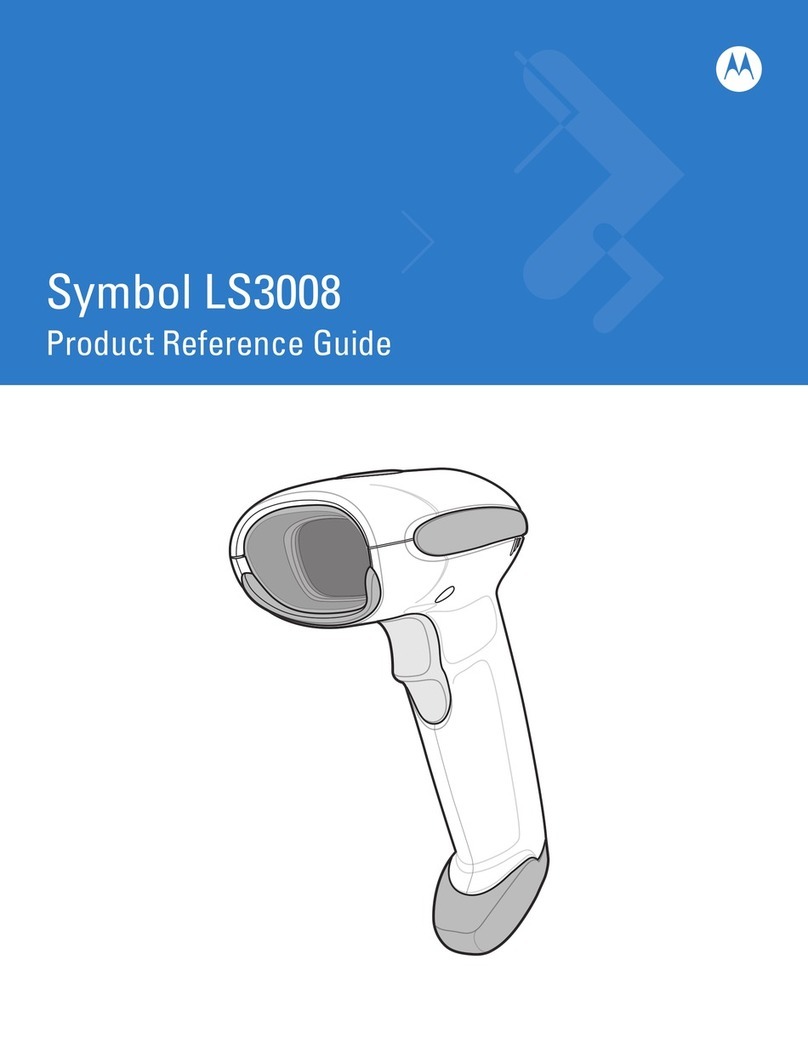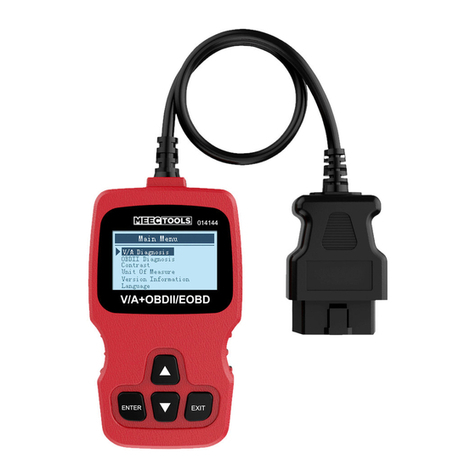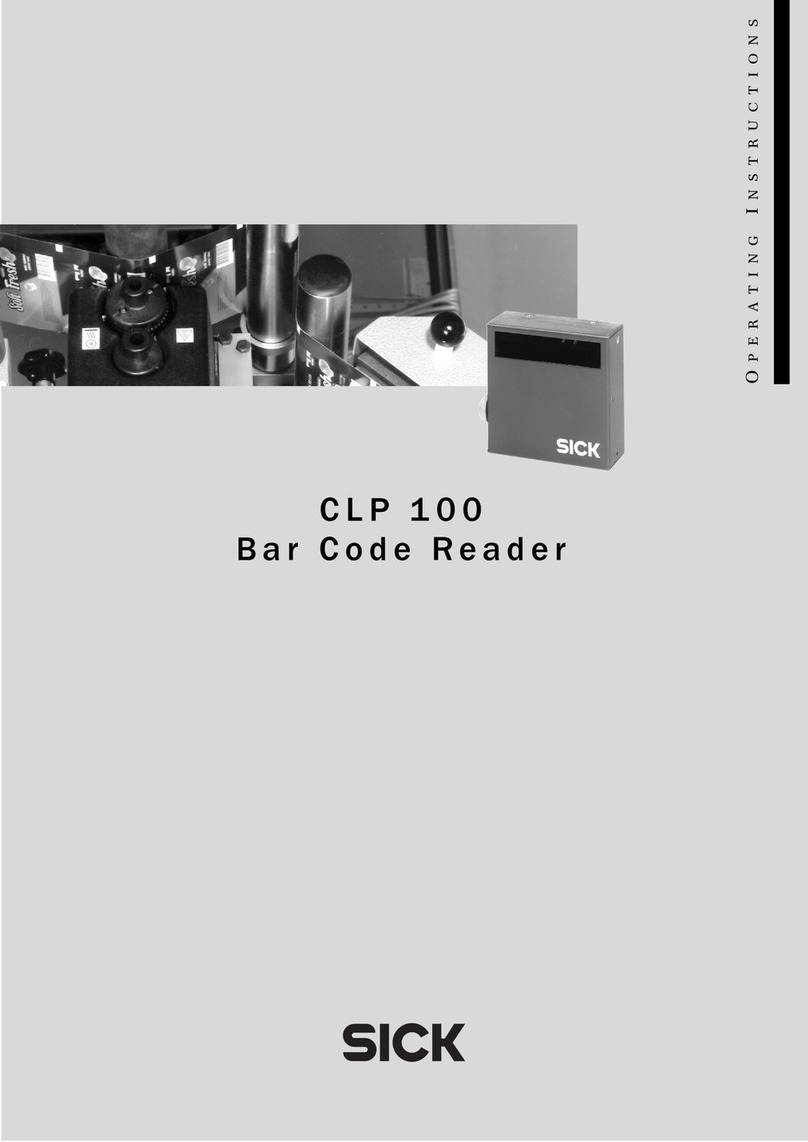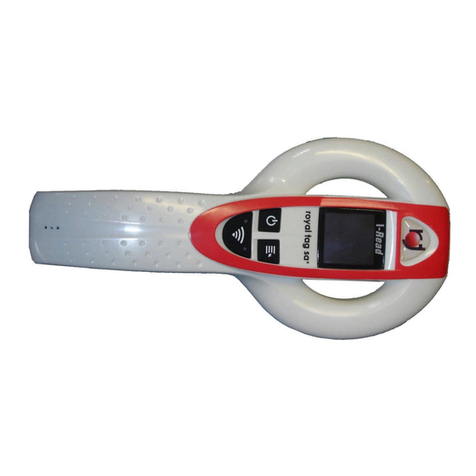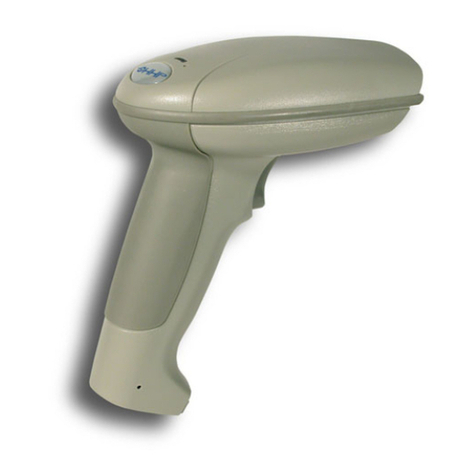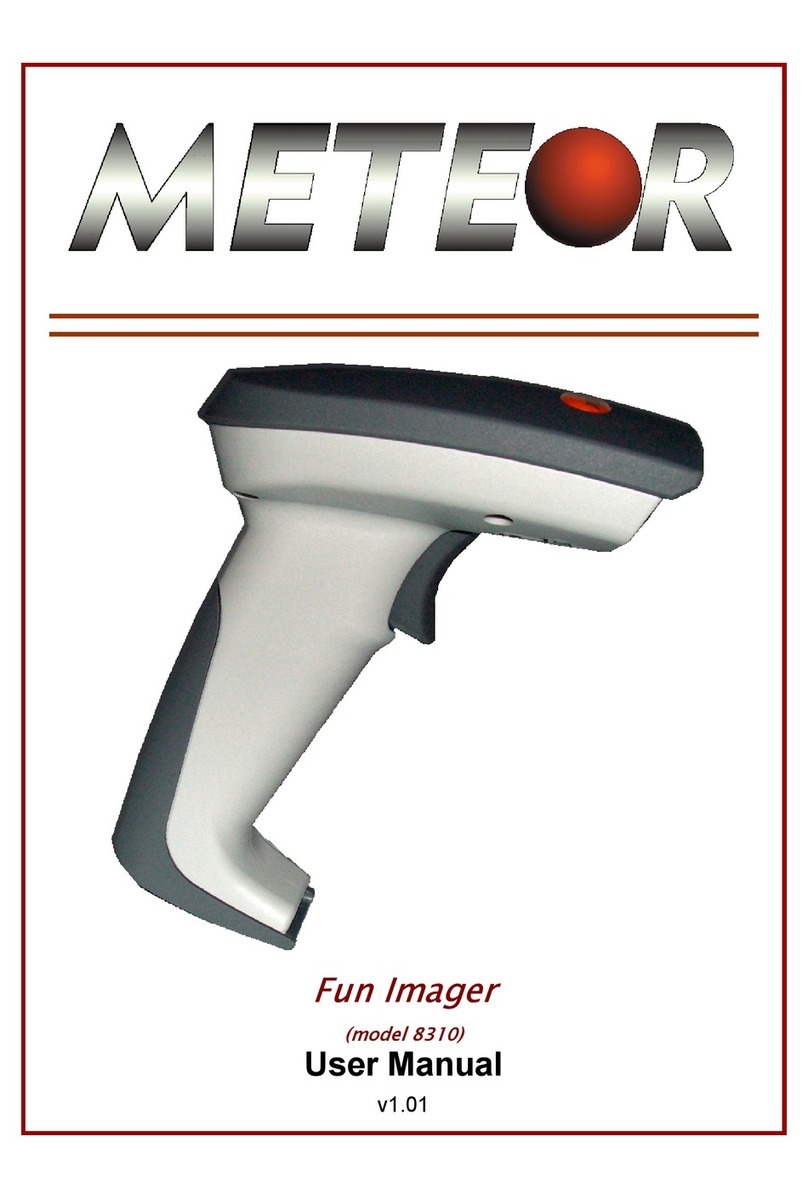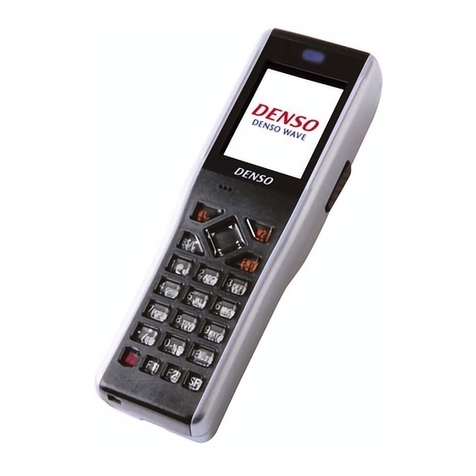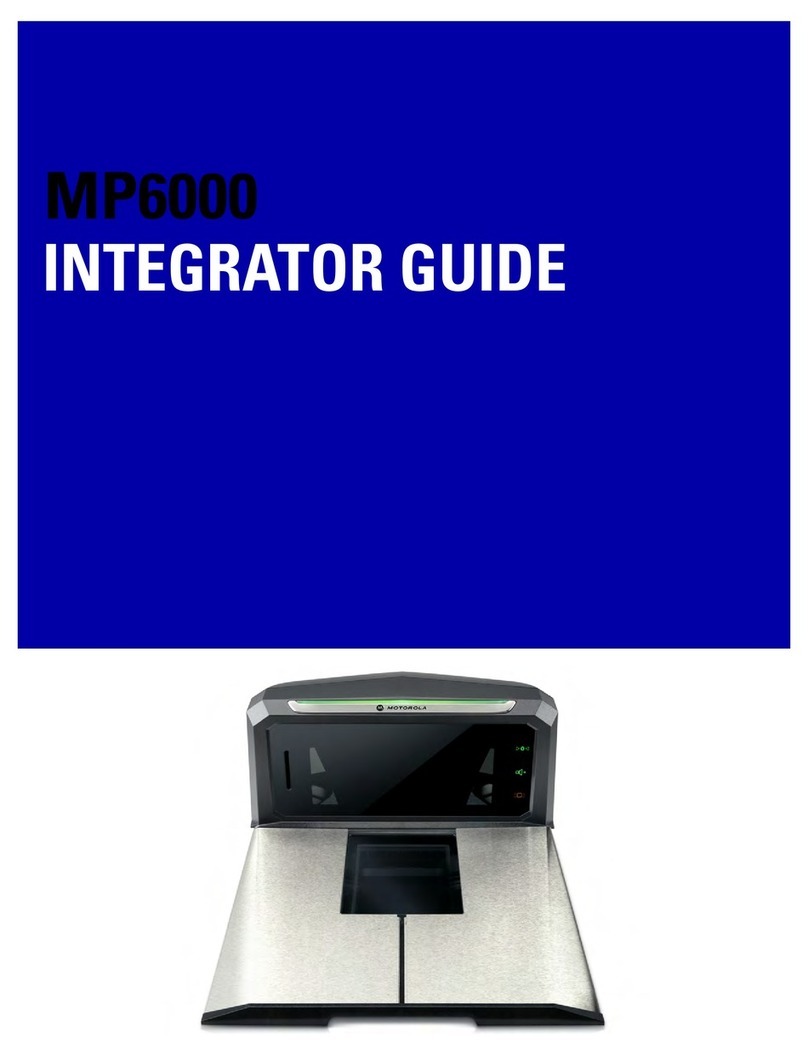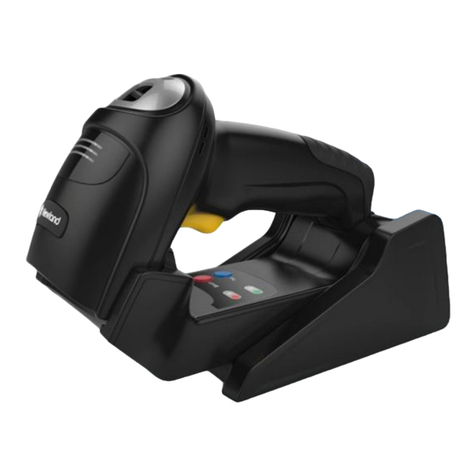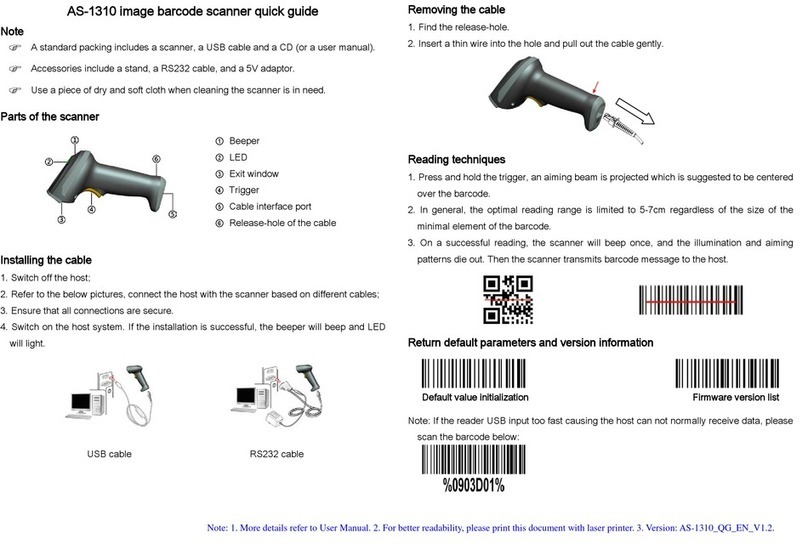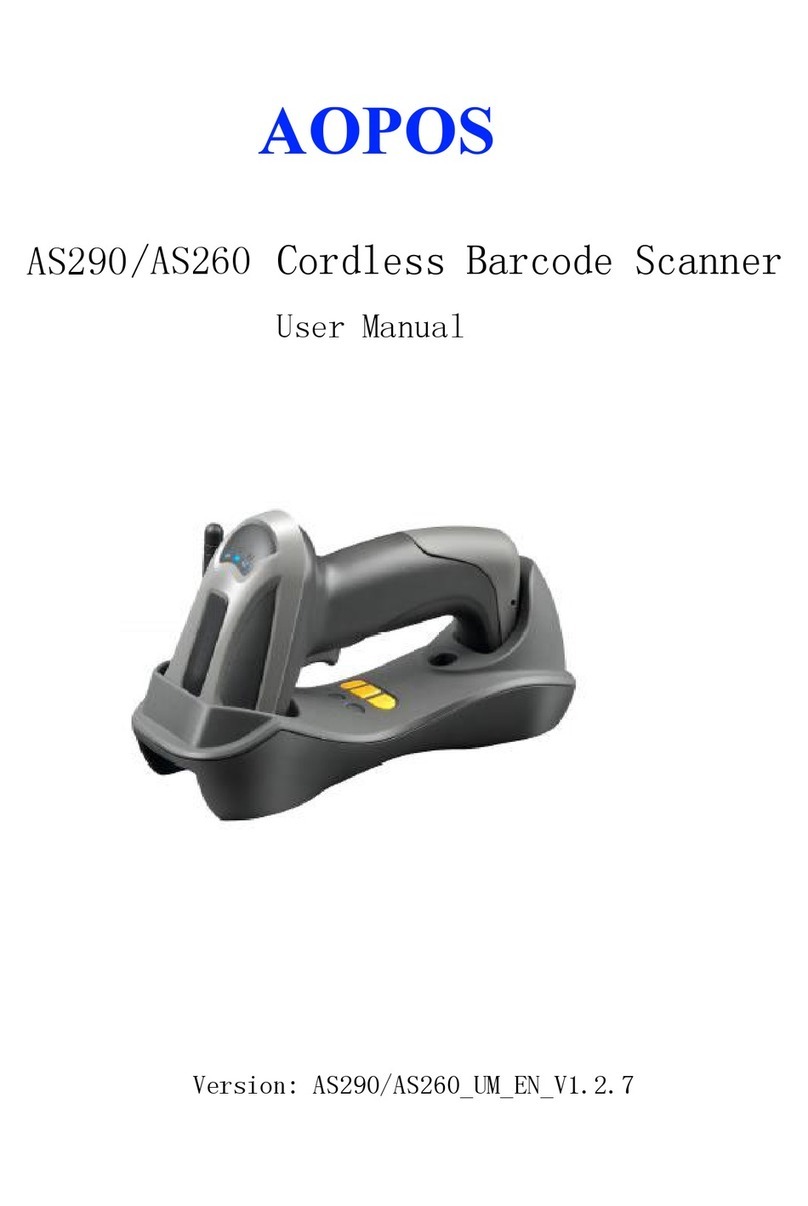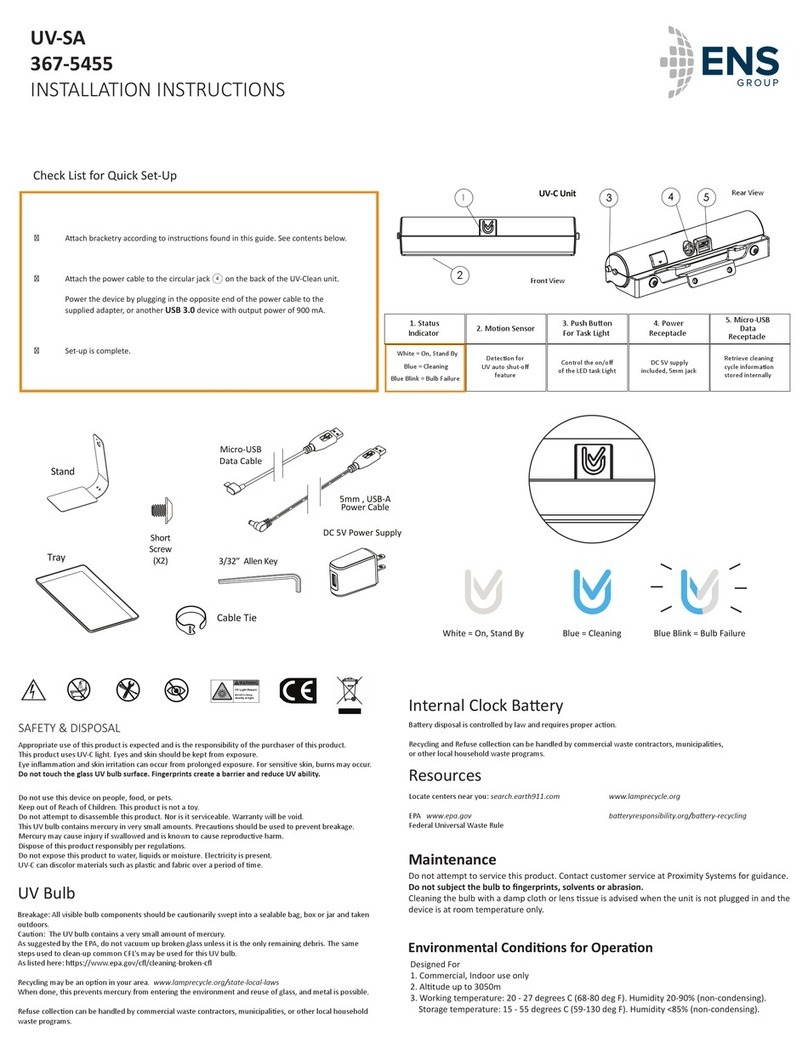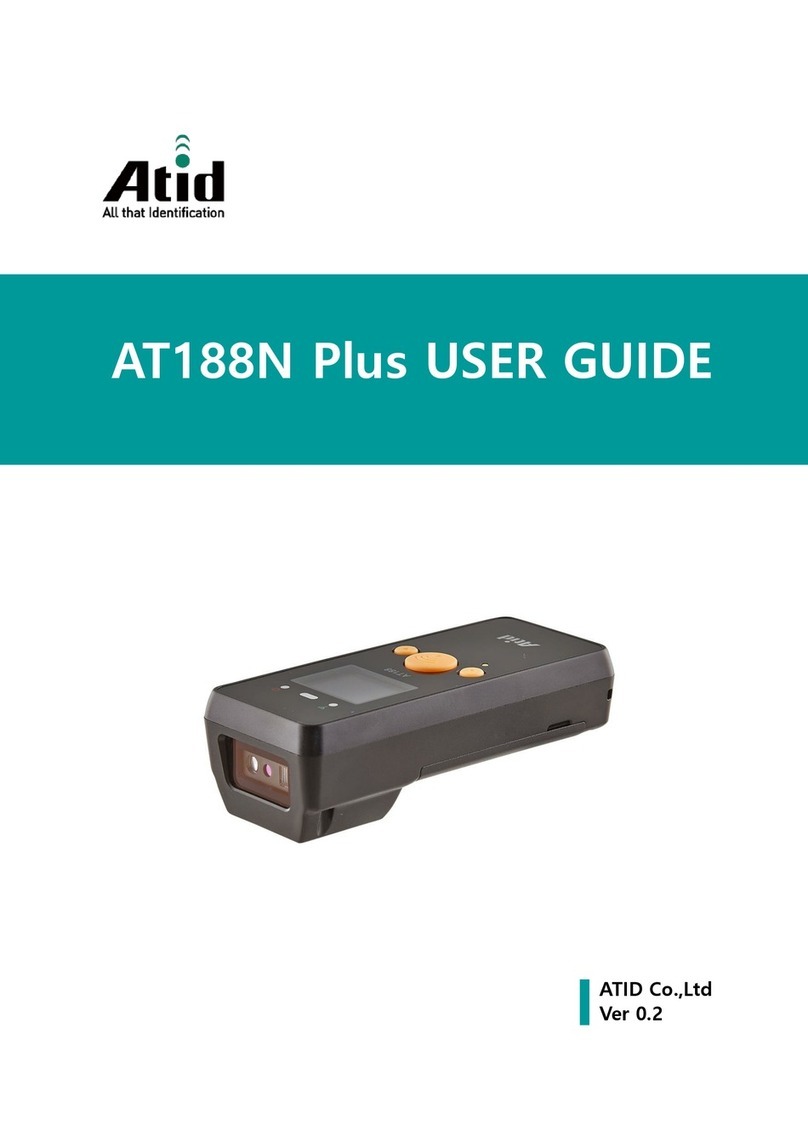
iii
Contents
1 Specifications ..................................................................................................................................... 1
1-1 Technical specifications ................................................................................................................... 1
1-2 Default setting for each barcode ...................................................................................................... 3
2 Get started ......................................................................................................................................... 4
2-1 Dimensions....................................................................................................................................... 4
2-2 Parts of the scanner ......................................................................................................................... 5
2-3 Cable connector pin-outs descriptions............................................................................................. 6
2-4 Installation and uninstallation of cable ............................................................................................. 7
2-4-1 Installation - USB....................................................................................................................... 7
2-4-2 Installation - RS-232 .................................................................................................................. 7
2-4-3 Uninstallation of cable ............................................................................................................... 8
2-5 Assembling the stand....................................................................................................................... 8
2-6 Auto-detection .................................................................................................................................. 9
3 Programming.................................................................................................................................... 10
3-1 Example 1: Single-parameter setting by scanning 1D barcodes................................................... 10
3-2 Example 2: Multiple-parameter setting by scanning a QR code barcode ..................................... 11
3-3 Operate the scanner by receiving command via UART................................................................. 12
3-4 Interface selection .......................................................................................................................... 13
3-5 RS-232 interface............................................................................................................................. 14
3-6 USB interface ................................................................................................................................. 17
3-7 Scan mode & some global settings................................................................................................ 20
3-8 Indication ........................................................................................................................................ 25
3-9 Decode illumination and decode aiming pattern............................................................................ 26
3-10 Multiple symbols & Structured append symbols read setting...................................................... 27
3-11 UPC-A........................................................................................................................................... 30
3-12 UPC-E........................................................................................................................................... 32
3-13 UPC-E1......................................................................................................................................... 34
3-14 EAN-13 (ISBN/ISSN).................................................................................................................... 36
3-15 EAN-8 ........................................................................................................................................... 38
3-16 Code 39 (Code 32, Trioptic Code 39) .......................................................................................... 40
3-17 Interleaved 2 of 5.......................................................................................................................... 43
3-18 Industrial 2 of 5 (Discrete 2 of 5).................................................................................................. 45
3-19 Matrix 2 of 5.................................................................................................................................. 46
3-20 Codabar........................................................................................................................................ 47
3-21 Code 128 ...................................................................................................................................... 49
3-22 UCC/EAN 128 .............................................................................................................................. 51
3-23 ISBT 128....................................................................................................................................... 53
3-24 Code 93 ........................................................................................................................................ 54
3-25 Code 11 ........................................................................................................................................ 55
